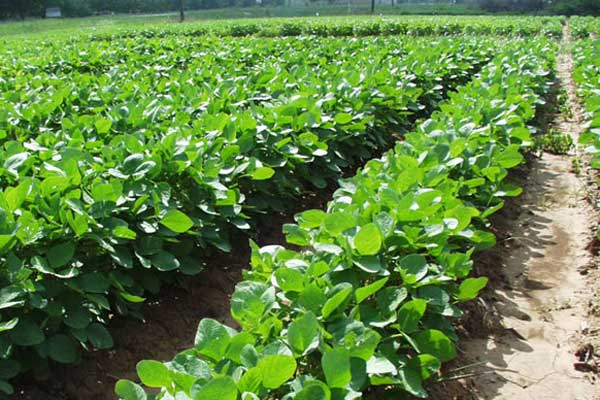
When farming becomes a business, we farmers are expected to expand our team, and in doing so, our trust. One inescapable component of farming on a business scale is the role of the middleman.
Gardening with Doreen Badze
The middleman is the individual that occupies the space between your produce and your return. In most cases, farmers are at the mercy of middlemen, having no direct link to consumers for varying reasons. It’s safe to say, the middle man is very powerful. He or she can be your best friend or your worst enemy. Either way, they should be watched very closely.
There is a word in the Shona dictionary, “korenyera”, which means someone who is not honest and takes people’s belongings in a deceiving manner. This word can easily apply to the “worst case scenario” of a middleman. Though farmers value middlemen, their position — operating in the blind spot of a transaction — gives them unmanageable power to manipulate the transaction in their favour.
In this article I will explore the deep culture of these kinds of people that farmers have a love-hate relationship with. My topic has been prompted by my visit to Mbare market place. The overall objective of this article is to encourage farmers to be conscious of the varying ways of interacting with middlemen in order to maximise their profits.
Farmers’ dilemma
If any of you have ever experienced Mbare market, you know that it is a very busy environment, and you have to be particularly attentive to get what you want. While at the market, I noticed an array of ways in which pressure is placed on farmers.
Middlemen have the capacity to delay buying produce at the market at market price because when time runs out for the day, they know that farmers would be an easy prey because they will not drive back home without having sold the remainder of their fresh produce. So farmers end up selling to middlemen at low prices.
- Chamisa under fire over US$120K donation
- Mavhunga puts DeMbare into Chibuku quarterfinals
- Pension funds bet on Cabora Bassa oilfields
- Councils defy govt fire tender directive
Keep Reading
Another way middlemen con farmers is agreeing on a purchasing price with a farmer prior to going to pick up the produce at the field, only to lower the price upon arrival after the farmer has already harvested. At that point, the farmer doesn’t have a choice because of certain limitations such as transportation and access to markets. Additionally, the farmer may have denied other buyers and limited their options.
Transportation is one of the biggest problems. Additionally, middlemen’s manipulation is particularly felt these days as production costs are going up, especially for tomato farmers. Tomato farmers have been burdened this season with the invasion of Tuta Absoluta, a pest that has become a menace to tomato growers.
As a society, we farmers need to begin thinking about solutions to the problems that affect us all. We need to implement these solutions as a collective. This could be in the form of cooperatives, associations, unions, and more.
There has been a call by vulnerable farmers for government to intervene in removing the middlemen, so they maximise on the profit of their produce. The sad part is that these middlemen are making money overnight while the farmer who worked several months to harvest is forced to split what would have been their profit with the middleman.
For instance, we could form agriculture produce marketing committees, or the middleman should be licensed, and farmers come up with one price. The aim is to give Zimbabwean farmers fair and consistent prices for their produce. Such organisations can begin the process of getting farmers in the positions they desire.
Ultimately, farmers need an environment where they can dictate their own prices for their produce and sell it directly to consumers, at the true value. At present, there is need for a way to shorten the supply chain as much as possible. Too many intermediaries can be a detriment to a farmer, leaving them with an unfair percent of their harvest profit.
However, not all middlemen are bad, but we certainly do have to watch out for the ones that are. Though we may not be able to eradicate them completely, there are ways to promote honesty and professionalism within our industry. We must come together.
Tuta Absoluta update
There is now a Facebook page — Tuta Absoluta Zimbabwe
Happy gardening week!
Doreen Mutobaya Badze is a retired nurse and passion driven gardener. She can be reached on Cell: 0779730880 or 0717257650. Email [email protected]
Facebook page: Badze Garden Nursery











